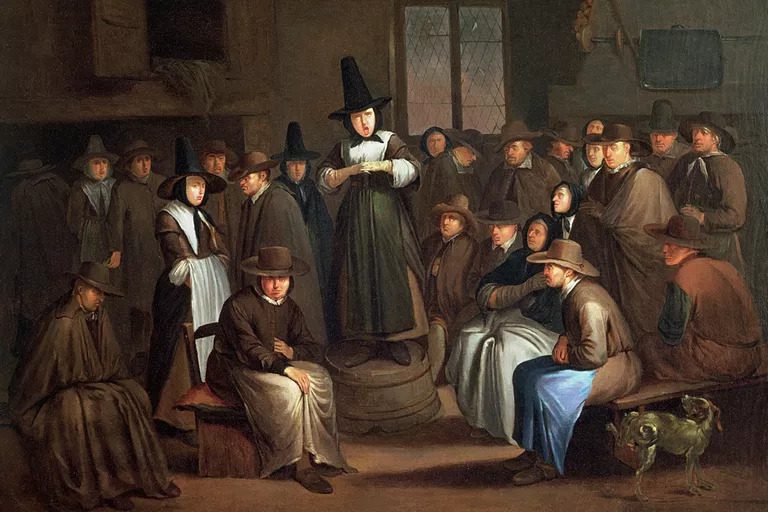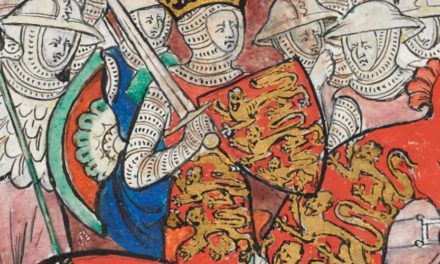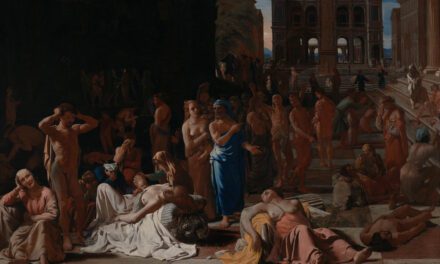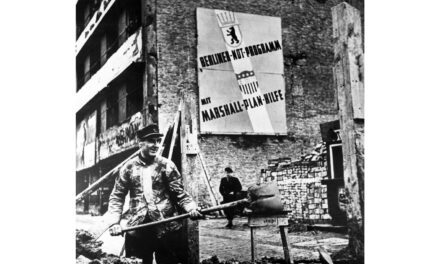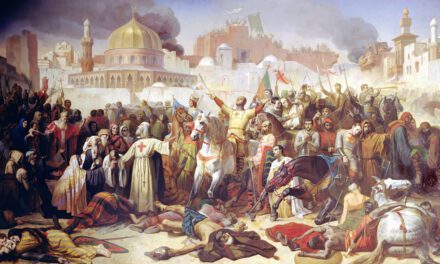History Guild General History Quiz 117
See how your history knowledge stacks up!
Want to know more about any of the questions? Once you’ve finished the quiz click here to learn more.
Have an idea for a question? Suggest it here and we’ll include it in a future quiz!
The stories behind the questions
1. Who founded the Quakers in the mid 1600’s?
George Fox – The Quakers are Protestant Christian set of denominations known formally as the Religious Society of Friends. Members of these movements are generally united by a belief in each human’s ability to experience the light within or see “that of God in every one”. George Fox, son of a Leicestershire weaver, lived through a time of social upheaval and war. He formed the Quakers around 1647, travelling throughout Britain as a dissenting preacher. He was arrested and jailed numerous times for his beliefs.
2. Marie Curie won two Nobel Prizes. Which category or categories were these?
Physics and Chemistry – She won the Nobel prize for Physics in 1903, then the Nobel prize for Chemistry in 1911.
3. Who said “There is at least one thing worse than fighting with allies, and that is to fight without them”?
Winston Churchill – Successfully maintaining an alliance and coordinating its military and economic actions is one of the most difficult tasks to achieve. However, when this can be achieved alliances can be critical to success. WW2 is an excellent example of this, none of the Allied powers alone could have defeated the Axis powers. In their closely coordinated action they were unbeatable.
4. In 1871 the Verfassung des Deutschen Reiches (Constitution of the German People) was signed, creating the country of Germany. Where was this signed?
Palace of Versailles – The creation of Germany followed the Prussian victory in the Franco-Prussian war.
5. When did the 8 hour day movement begin in Australia?
1856 – Read more about the campaign here Why Do We Have an 8-Hour Working Day?
6. Where did Alexander the Great die?
Babylon – At the age of thirty-two Alexander died in the palace of Nebuchadnezzar II in Babylon. Alexander probably died of typhoid fever.
7. Which helicopter is this?

Bell 47G – The first helicopter certified for civilian use in 1946, over 5,600 of them were produced. It saw extensive military service, particularly in a casualty evacuation role during the Korean and Vietnam wars.
8. Officers could enter the British Army by purchasing a commission until which year?
1871 – The practice of purchasing a commission in order to become an officer in the English and later British Army began in 1683. This practice was used in some other European armies, but no other country adopted it with the enthusiasm and formality of the British Army. Prices varied depending upon the rank and the Regiment, more prestigious regiments commanded higher prices. They began at £450 (£44,000 today) to become an Ensign in a Regiment of Foot, through to £35,000 (£3,460,000 today) to be a Colonel in the stylish 11th Hussars.
It became obvious during the Crimean War that the system of purchase often resulted in incompetence, such as that which resulted in the Charge of the Light Brigade. Lord Cardigan, who lead this charge, made extensive use of the purchase system, advancing through the ranks from lieutenant to lieutenant-colonel in only 5 years without seeing any active service. The practice of purchase of commissions was finally abolished as part of the 1871 Cardwell reforms
9. Who lead the Wave Hill station walk-off, which eventually led to the Aboriginal Land Rights Act 1976?
Vincent Lingiari – Before 1968 it was illegal to pay an indigenous worker more than a specified amount in goods and money. In many cases, the government benefits for which Indigenous employees were eligible were paid into pastoral companies’ accounts, rather than to the individuals. Vincent Lingiari was a stockman who was elected leader of the Wave Hill station workers in August 1966. He led his people in the Wave Hill walk-off, also known as the Gurindji strike.
The strike lasted eight years. Over that time, support for Aboriginal land rights grew and eventually led to the Aboriginal Land Rights (Northern Territory) Act 1976. This act was the basis by which Aboriginal Australian and Torres Strait Islander people could apply for freehold title to traditional lands (known as Native title in Australia) in the Northern Territory and, significantly, the power to negotiate over mining and development on those lands, including what type of compensation they would like.
The story of Lingiari is celebrated in the Paul Kelly and Kev Carmody song “From Little Things Big Things Grow”.
10. Which organisation carried out the Jonestown Massacre?
The People’s Temple – The Jonestown Massacre of 1978 saw 918 people murdered or commit suicide.

